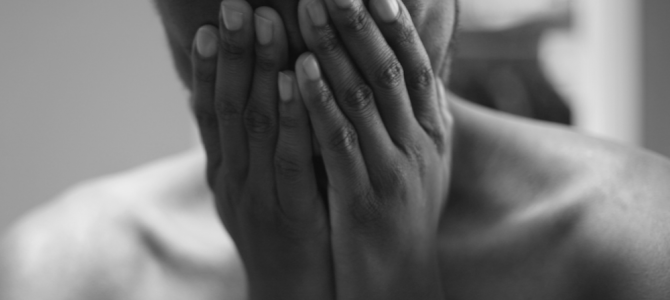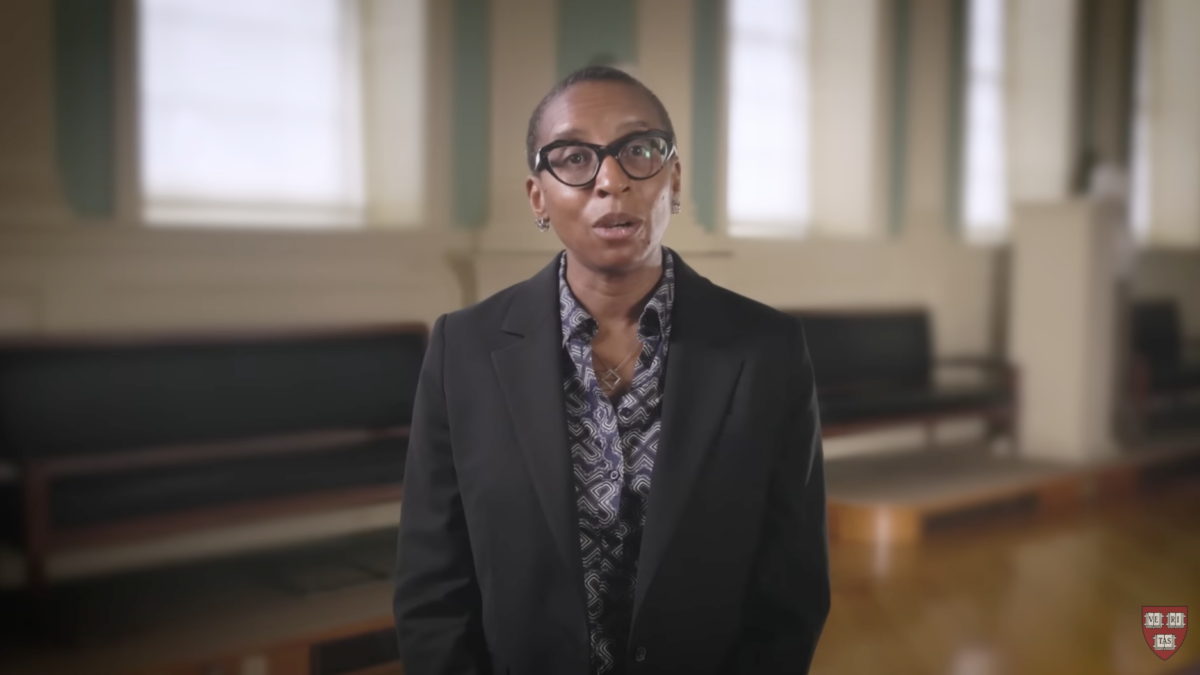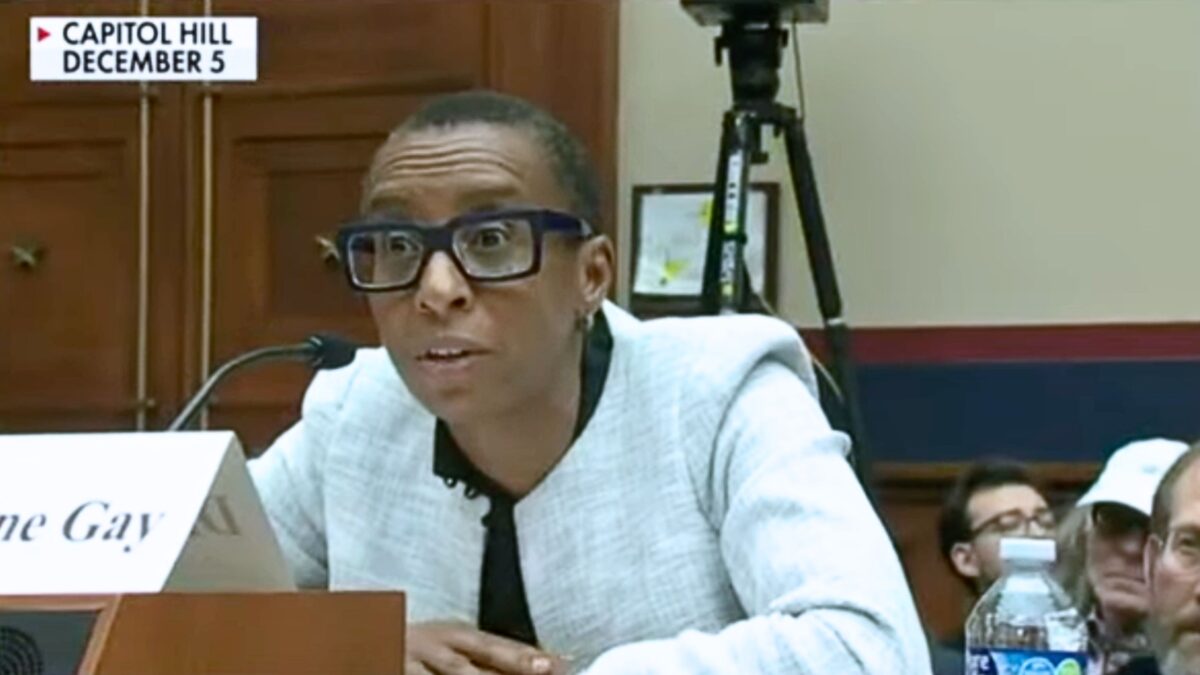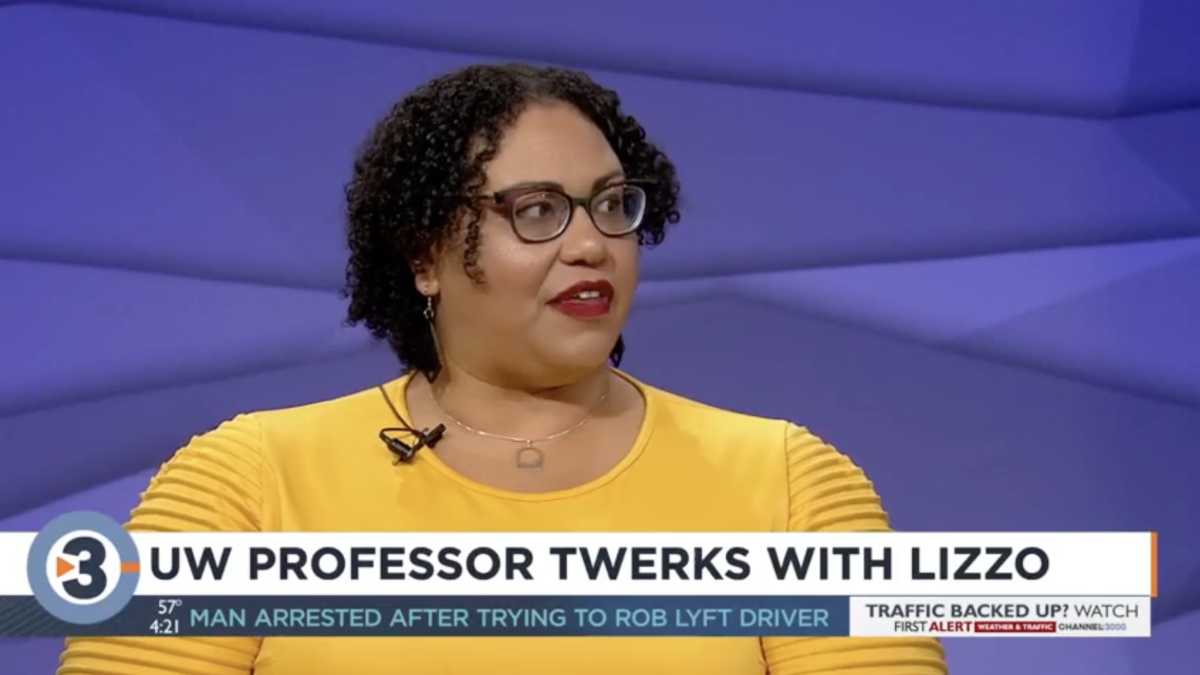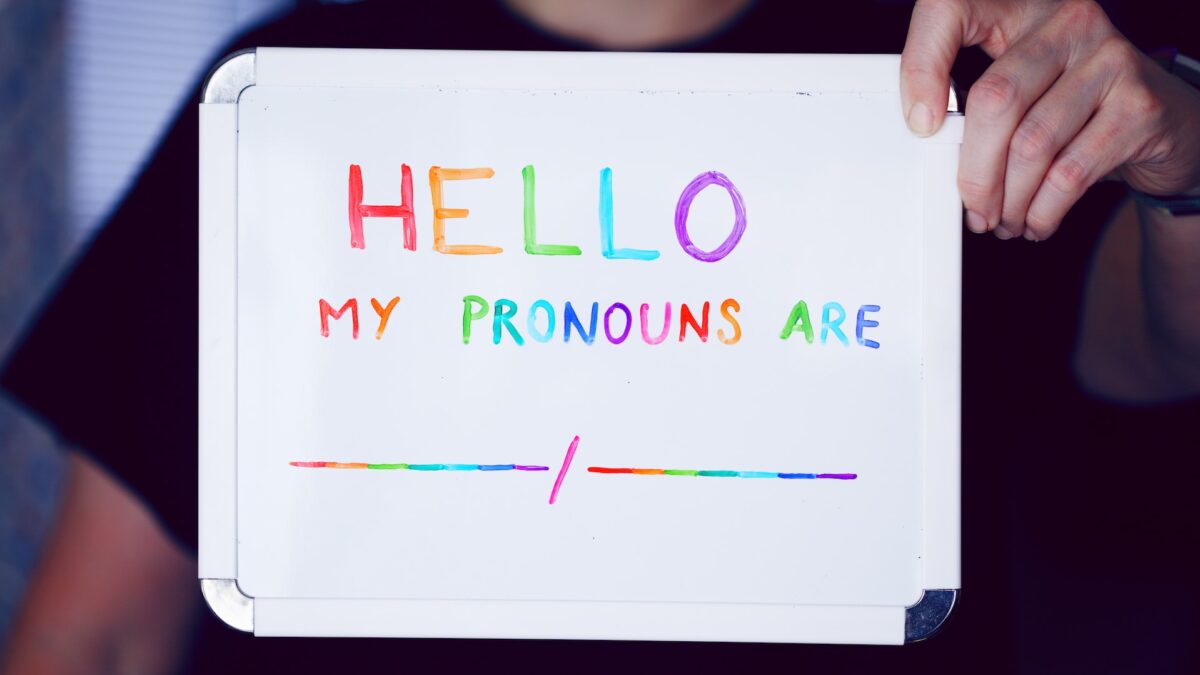The University of Arizona really doesn’t want any of its students to have hurt feelings, so they’ve issued a 20-page guide for professors on how to avoid offending their pupils.
The document, entitled “Diversity and Inclusiveness in the Classroom,” tells professors they should encourage students to say “ouch” when they are offended in class. The offending party is supposed to say “oops” in response, William Nardi of College Fix reports.
“If a student feels hurt or offended by another student’s comment, the hurt student can say ‘ouch.’ In acknowledgement, the student who made the hurtful comment says ‘oops.’ If necessary, there can be further dialogue about this exchange,” the document states.
The guide is written by Jesús Treviño, who is the university’s vice provost for inclusive excellence. Yes, there really is an Office for Diversity and Inclusive Excellence at the University of Arizona, and being a provost of said office is really a thing.
According to the guide, it’s okay to crack jokes in class, but ABSOLUTELY NOT IF THEY OFFEND ANYONE.
It is okay to use humor in class. However, make sure that it is appropriate humor that does not target or degrade any student in the class or group of people overall. Classrooms are for engaging issues and learning concepts and new ideas. Classrooms are not for having students, faculty, or guests mock or denigrate people.
The guide, which is supposed to “maximize free speech in the classroom,” appears to do the exact opposite. Rather than fostering a lively, academic debate, which is a major reason for higher education, the oops/ouch method seems to encourage students and professors to end a discussion the second someone doesn’t like the direction it’s headed.
